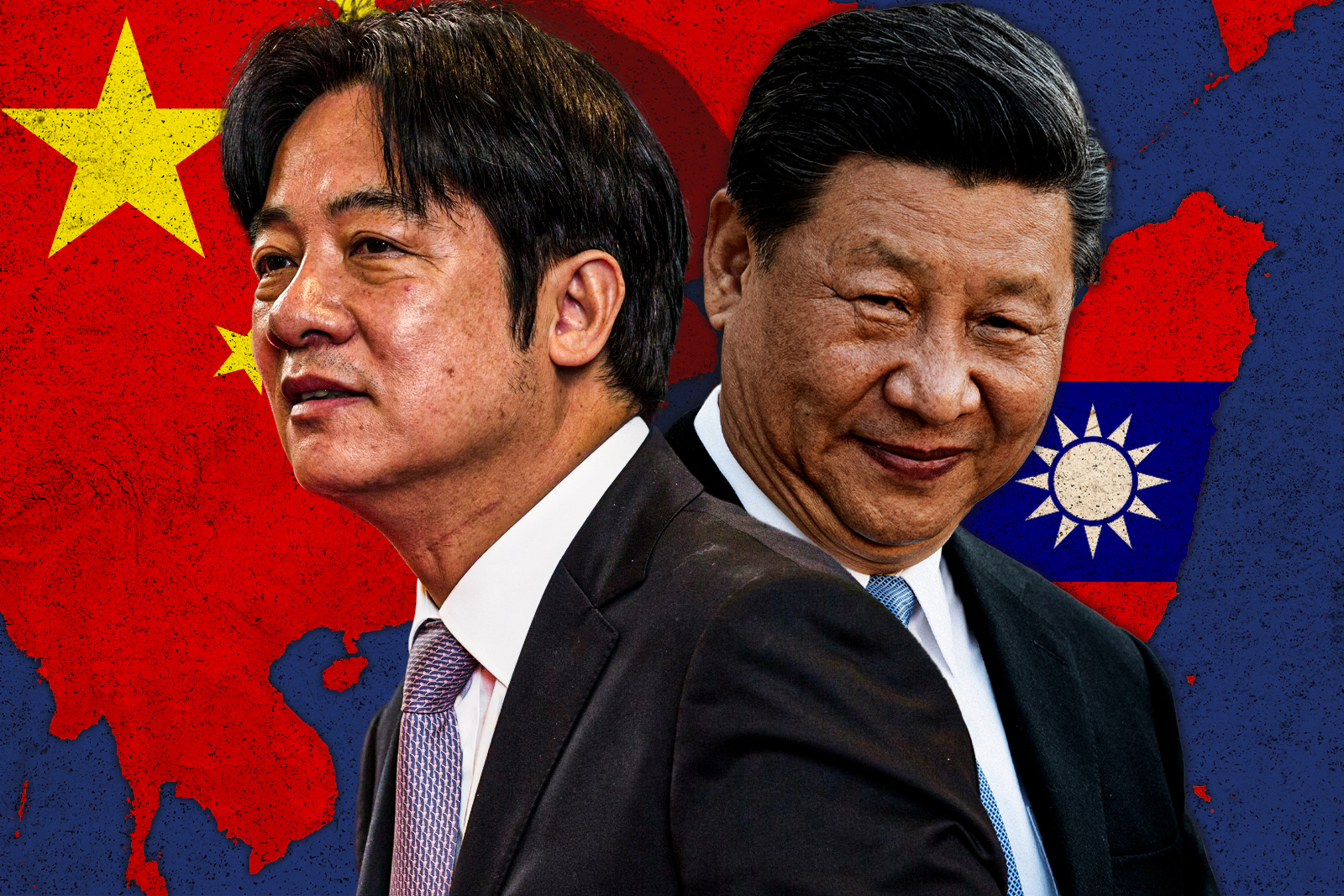
Does Taiwan have any Real Chance of Fending off China?
The potential annexation of Taiwan by mainland China represents one of the most dangerous and consequential flashpoints on the planet today, according to Andrew S. Erickson, a professor of Strategy at the U.S. Naval War College’s China Maritime Studies Institute. Erickson’s newly published report explains that such a move could have devastating global ramifications, triggering economic shocks and a cycle of repression that would diminish the quality of life for populations across Asia and beyond, with significant impacts on American interests and well-being.
China’s annexation of Taiwan could escalate regional tensions and possibly extend into a broader, global conflict. Taiwan has been working to fend off a possible invasion, but it is unlikely to succeed. The stakes are incredibly high, involving critical interests such as semiconductors that power today’s big data world and the national security of U.S. allies and partners. The responses of neighboring states to Chinese expansion could result in the erosion of American military advantages and the destabilization of democracy and the international order.
Chinese President Xi Jinping has been consolidating power and is approaching the zenith of his ambitions and ability to execute them. This increasingly worrisome scenario and its profound implications demand immediate attention. U.S. policymakers must urgently intensify efforts to deter Xi throughout this “decade of maximum danger.”
Xi has strong motivations to annex Taiwan, primarily to assert political control over the island and capture its industrial and technological infrastructure intact while attempting to limit escalation and thwart intervention. This would mark a critical step toward achieving Xi’s “Chinese Dream” and fulfilling the Chinese Communist Party’s (CCP) promise to reclaim all major territories historically associated with China, with Taiwan being the crown jewel.
Given Taiwan’s global dominance in the semiconductor industry, America could not fully retreat from such a defeat. A coercive unification of Taiwan with China would likely disrupt global techno-industrial supply chains for years to come. In scenarios where Beijing gains control over an operational Taiwanese semiconductor industry or where kinetic action or an embargo by a U.S.-led tech alliance occurs, semiconductor supply disruptions could be substantially worse than those experienced during the COVID-19 pandemic.
If Indo-Pacific alliances are compromised and the majority of global advanced semiconductor production falls under Beijing’s control, the United States risks becoming an embattled “Fortress America” in a world increasingly under Beijing’s influence. This would set the stage for insecurity, economic deprivation, and future warfare between China and the United States.
China’s successful annexation of Taiwan would cripple U.S. regional credibility and seriously damage its alliance relationships. China would likely be perceived as Asia’s dominant power if it subsumed Taiwan while deterring or defeating a U.S.-led military intervention. Conquering Taiwan is seen by Beijing as a necessary milestone in China’s quest for regional dominance and global preeminence. Thus, China’s success in coercively annexing Taiwan would not stabilize the current U.S.-China competition but would likely accelerate and intensify it, increasing the associated risk of armed conflict.
Such a scenario also poses a significant threat to American security and prosperity, particularly if it results in economic exclusion from the region or forces access to be conditioned on acquiescence to a Chinese-dominated system. Unlike Washington, Beijing would likely reject strategic hedging by ASEAN members. Taiwan’s unique importance lies in its role as a beacon of capitalist democracy and its ability to counter China’s repressive history.
China gaining control of Taiwan would compromise sensitive technologies and information, degrade monitoring of Chinese military operations, and enable Chinese dominance over key regions affecting South Korea, Japan, and the Philippines. This could undermine U.S. commitments to its allies and potentially drive Seoul and Tokyo to consider developing nuclear weapons for autonomy. A loss of confidence in U.S. security guarantees could lead to multi-regional nuclear proliferation, intensifying competition among global nuclear superpowers and prompting more countries to develop or increase their nuclear capabilities.
Chinese hegemony in the region could destabilize international dynamics, including China-Russia relations. Taiwan is compared to “West Berlin” and “West Germany” during the Cold War, highlighting its critical role in the current geopolitical landscape. American presidents will likely face severe Taiwan-related scenarios, and U.S. policymakers must act urgently to deter Chinese aggression and reinforce capabilities to prevent China’s coercive annexation of Taiwan.
The risk window is now, as Beijing continues its military modernization and all-domain pressure campaign, including political warfare, cyber and space activities, and physical deployment of military platforms and weapons. Absent substantial U.S. investment in effective deterrence, Beijing is likely to attempt annexation of Taiwan before the decade ends. Safeguarding Taiwan should be a top priority in American defense and foreign policy efforts, with critical American and allied interests at stake.
